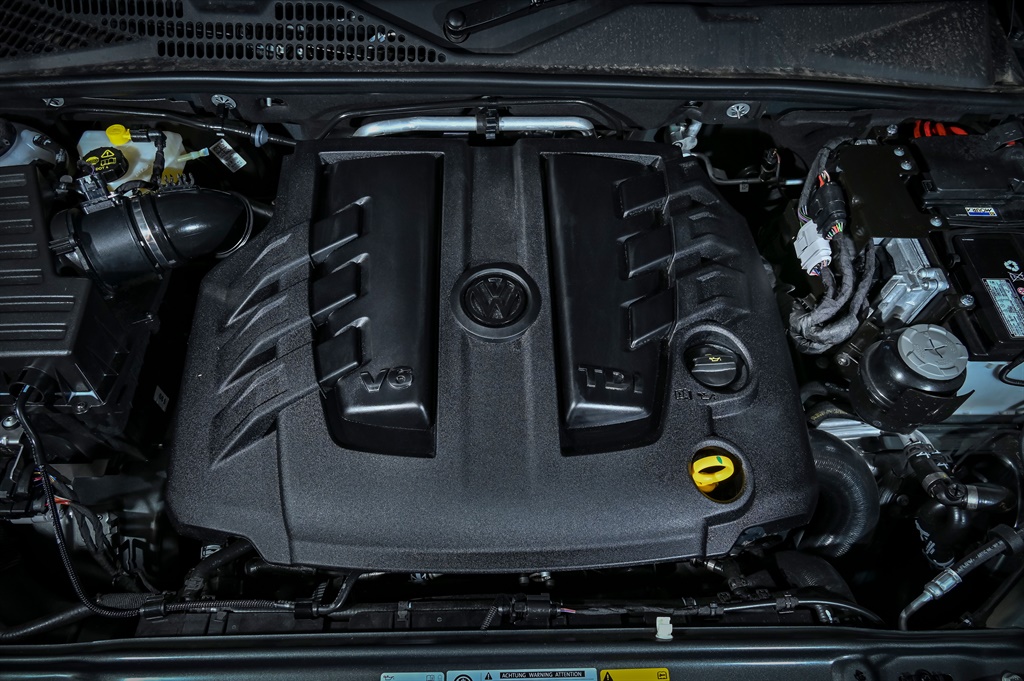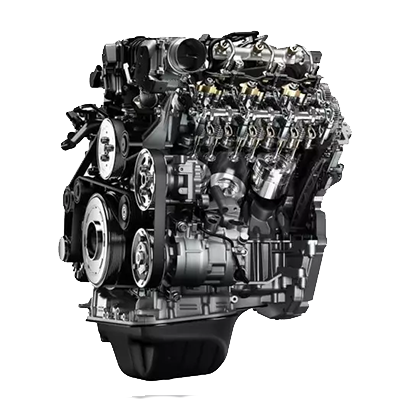Crucial Considerations and Tips for Picking the Right Engine for Your Demands
Picking the appropriate engine is a diverse decision that needs careful consideration of various aspects to make certain optimum performance for your certain needs - amarok engine for sale. Comprehending your desired application is extremely important, as the needs of commercial, commercial, or recreational usage will substantially affect your selection. In addition, evaluating crucial requirements such as horse power, gas, and torque effectiveness, together with maintenance demands and spending plan restrictions, will lead you toward a sustainable investment. The intricacies of engine selection expand past these fundamentals, motivating a closer exam of vital components that can eventually impact your fulfillment and success.
Determine Your Function
Identifying your function is an essential initial step in picking the appropriate engine for your needs. Understanding the particular application you want will certainly direct your decision-making process and ensure that you select an engine that lines up with your functional demands. Whether you require an engine for a commercial car, industrial equipment, or an entertainment project, each situation needs various efficiency characteristics and capacities.
Take into consideration the setting in which the engine will operate. Will it go through hefty tons, severe temperatures, or long term use? Analyzing these elements will certainly help you determine the needed power result, gas efficiency, and durability required to satisfy your objectives.
Additionally, consider the long-lasting ramifications of your choice. Budget plan restrictions, upkeep needs, and availability of components are essential factors to consider that will certainly affect your general contentment and operational efficiency.
Inevitably, expressing your function will improve the option procedure and empower you to make a notified choice. By clearly defining your purposes, you can evaluate possible engines much more successfully and pick one that not just meets your existing demands yet also supports your future goals.
Evaluate Engine Specifications
As soon as you have plainly expressed your purpose, the next action is to review engine requirements. This process involves a comprehensive assessment of various technical details that can substantially influence efficiency and suitability for your planned use.
Begin by evaluating the engine's horse power and torque ratings. Horse power is critical for identifying the engine's ability to execute work, while torque is crucial for comprehending just how well it can handle hefty tons or acceleration. In addition, consider the engine variation, as it typically correlates with power output and effectiveness.
Following, examine the engine typeâEUR" whether it is a gasoline, diesel, or alternate gas engineâEUR" as each kind has distinct qualities and applications. Take notice of the engine's setup (e.g., inline, V-type), as this can impact size, weight, and overall efficiency.
One more crucial aspect is the engine's cooling system, which can affect reliability and upkeep needs. Evaluate the maker's online reputation and guarantee offerings, as these can offer understandings right into long-lasting efficiency and next assistance. Thoroughly examining these specs will certainly assist guarantee that you select an engine that straightens with your certain needs and functional goals.
Think About Gas Effectiveness
Gas effectiveness is a vital factor to think about when selecting an engine, as it directly affects functional costs and environmental sustainability. An engine's gas effectiveness is normally determined in miles per gallon (MPG) for cars or in specific fuel intake (SFC) for airplane and marine engines. Greater fuel effectiveness not only decreases the quantity of gas taken in however additionally reduces greenhouse gas exhausts, making it a responsible choice for eco-conscious customers.
When examining engine options, it is crucial to examine the driving problems and intended use. Engines enhanced for highway driving might show far better gas effectiveness compared to those made for see page stop-and-go web traffic. Additionally, consider the engine's innovation, such as turbocharging or hybrid systems, which can dramatically boost gas efficiency.

Assess Maintenance Requirements

Some engines might call for more constant oil modifications, filter replacements, or specialized servicing, which can impact your functional downtime. Engines with prevalent popularity normally have better parts schedule, decreasing lead times during repairs.
Another vital element is the technological proficiency required for maintenance. Some engines may require specialized training for technicians, which might restrict your options for service companies. Moreover, analyze whether the engine's layout permits very easy access to components usually needing upkeep, as this can considerably affect labor prices.
Budget Your Financial Investment
Understanding upkeep requirements is just one aspect of choosing the ideal engine; financial factors to consider play a similarly important duty (amarok engine for sale). Developing a clear spending plan is essential, as it affects not only the preliminary purchase price yet likewise long-lasting operational costs
When budgeting, consider both the continuous costs and in advance costs such as fuel efficiency, maintenance, and prospective repairs. An apparently budget-friendly engine may incur greater costs gradually because of bad fuel economic situation or constant maintenance needs. Additionally, review the schedule and expense of extra parts, as well as the warranties used by makers, which can offer economic defense versus unanticipated expenditures.
It is additionally important to element in potential funding options or leasing setups, which might reduce instant monetary concerns. Balance your need for advanced functions with your spending plan constraints, ensuring that you buy an engine that satisfies your performance needs without jeopardizing monetary stability.
Ultimately, an all-round budget will certainly encourage you to make enlightened decisions, straightening your engine choice with both your operational demands and monetary capabilities, resulting in an extra sustainable investment in the future.

Final Thought
In conclusion, choosing go to this site the ideal engine requires a complete understanding of details demands and applications. Careful analysis of engine specs, fuel effectiveness, and maintenance needs is important for notified decision-making.
Gas performance is a vital element to consider when picking an engine, as it directly impacts operational costs and environmental sustainability. An engine's fuel efficiency is commonly determined in miles per gallon (MPG) for lorries or in particular fuel consumption (SFC) for aircraft and aquatic engines. Diesel engines usually provide much better gas performance than fuel engines. Ultimately, picking an engine with a solid focus on gas efficiency can lead to significant long-lasting savings and add positively to environmental initiatives. Mindful analysis of engine requirements, fuel efficiency, and upkeep demands is crucial for notified decision-making.